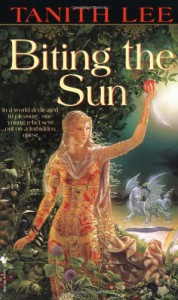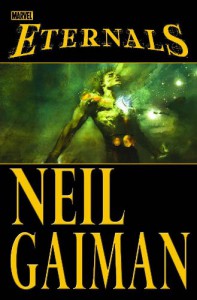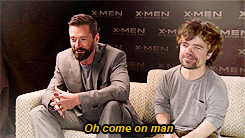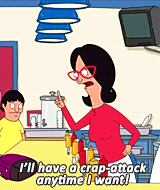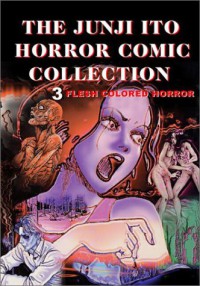Comic Book Review: Locke and Key Volume 5 - Clockworks by Joe Hill and Gabriel Rodriguez

The Basics
Tyler and Kinsey discover the history of Keyhouse, their lineage, their father’s past, and start to understand the danger that awaits them.
My Thoughts
You know that series you love and for which you anticipate each, new installment? You want it as soon as it comes out. You’re salivating over it. You’re so ready. And it’s a twenty dollar book that seems destined to never go down in price. I hate to say it, but I’m notoriously cheap, and so the rest of this series kept eluding me. And don’t even speak to me of libraries. They don’t stock graphic novels here, and that is the least of their sins.
So I was downright physically relieved to get this book in my hands. I read it at mach speed. Did this maybe sway my rating? Probably. I’m deeply invested at this point. So that when a problem that seems like it’s going to be a big deal is resolved within a few panels, I brush it off. When everything that the story was building to suddenly seems a tad too simple and Lovecraftian, whatever! It’s Locke and Key. It can do no wrong in my eyes. That’s probably a warning not to trust me entirely.
But one thing that this book did right that is not up for debate was all that backstory. From the creation of the world’s most important key to what Rendell Locke went through in his youth that started this whole business. Lots and lots of feels, as is the parlance. Much is revealed, and it’s all very satisfying and dramatic and what you will have come to expect from this series.
But it feels penultimate. This is clearly the wind up for the punch that will be volume six. I can’t wait.
Final Rating
5/5

 2
2

 Floating Dragon by Peter Straub
Floating Dragon by Peter Straub

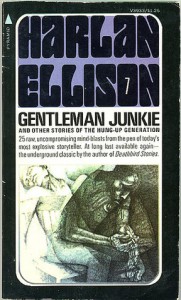
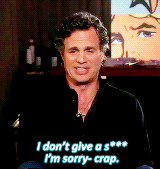


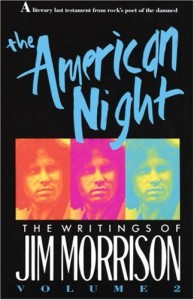




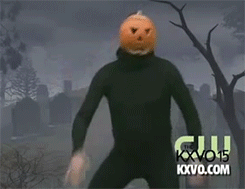


 2
2
